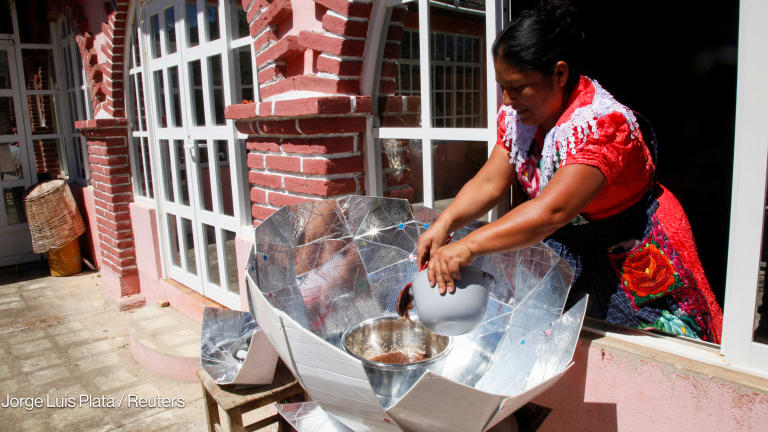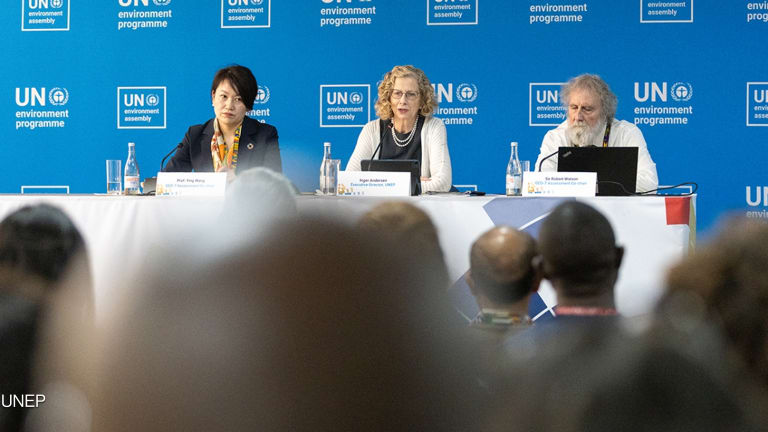Delegates from 196 countries are in Paris for COP21 to reach an agreement in order to avoid exceeding the 2 degree Celsius rise in global temperatures that the scientific community says is vital if we are not to irreversibly damage our climate. The threat of climate change is real and grave.
The debate on emissions and on climate change frequently makes reference to the catastrophic impact a warming globe will have on our natural environments, biodiversity, rising ocean levels and increased droughts. The impact that rising temperatures will have on health, such as fighting and controlling communicable diseases, malnutrition and famine, and air pollution are equally serious.
Climate change affects every social and environmental determinant of health — be it clean air, safe drinking water or access to sufficient food. The World Health Organization estimates that between 2030 and 2050, climate change will account for 250,000 adult deaths every year, from malnutrition, malaria, diarrhea and heat stress. Warming temperatures will create new opportunities for parasitic diseases like malaria and dengue fever to reassert themselves.









